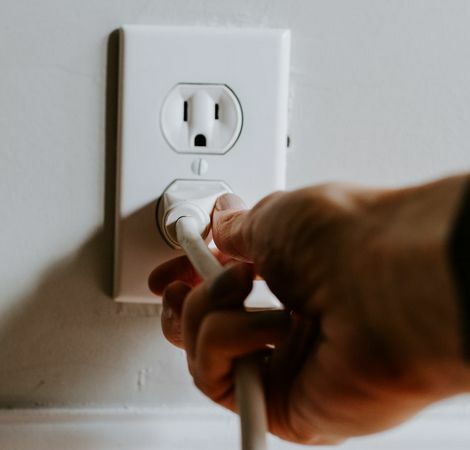PTT helps Thai government lower power tariffs using contract breach fine

PTT Plc, Thailand’s national oil and gas conglomerate, is slated to assist the government in lowering the power tariff in the early part of next year. This is to be achieved through the utilisation of 4.3 billion baht (US$124) from a fine imposed on its gas supplier for a breach of contract, according to an energy official.
An inside source has indicated that PTT’s assistance forms part of the efforts to manage the power tariff, which had previously been on course to rise by 17.3% to 4.68 baht (US$0.14) per kilowatt-hour. The increase from September to December was from 3.99 baht (US$0.12) per unit, said the Energy Regulatory Commission (ERC).
Prime Minister Srettha Thavisin, has instructed the relevant authorities to review and reduce the rate to 4.1 baht (US$0.12) per unit. A statement from the Energy Ministry last week indicated that every effort will be made to cap the tariff at 4.2 baht (US$0.12) per unit.
With PTT’s help, the final rate could potentially be settled at between 4.1 (US$0.12) and 4.2 baht (US$0.12) per unit, according to a Ministry official who preferred to remain anonymous.
The ERC had previously stated that PTT, as a state enterprise, is anticipated to back the government’s plan to curb the rise in the power tariff. The fine from the undisclosed gas supplier, who failed to deliver the contracted amount of gas to PTT, could be used to offset power generation costs. These costs are factored into the calculation of electricity bills for January and February of next year.
Plans to increase the power tariff to 4.68 baht (US$0.14) per unit were announced by the ERC. This was due to an anticipated rise in fuel costs and the need to reimburse the state-operated Electricity Generating Authority of Thailand (Egat).
A portion of the power bills is allocated to Egat, which has incurred substantial losses after subsidising electricity bills from September 2021 to May this year. This measure was taken to mitigate the effects of higher fuel prices on households and businesses, reports Bangkok Post.
Egat has expressed concerns over a potential liquidity crisis if the power tariff is capped at 4.2 baht (US$0.12) per unit. As such, measures to address Egat’s financial issues are required concurrently with efforts to regulate public electricity prices.
In related news, Thai industries battle tide of cheap imports: Government gears up for tough measures.
Latest Thailand News
Follow The Thaiger on Google News:


























